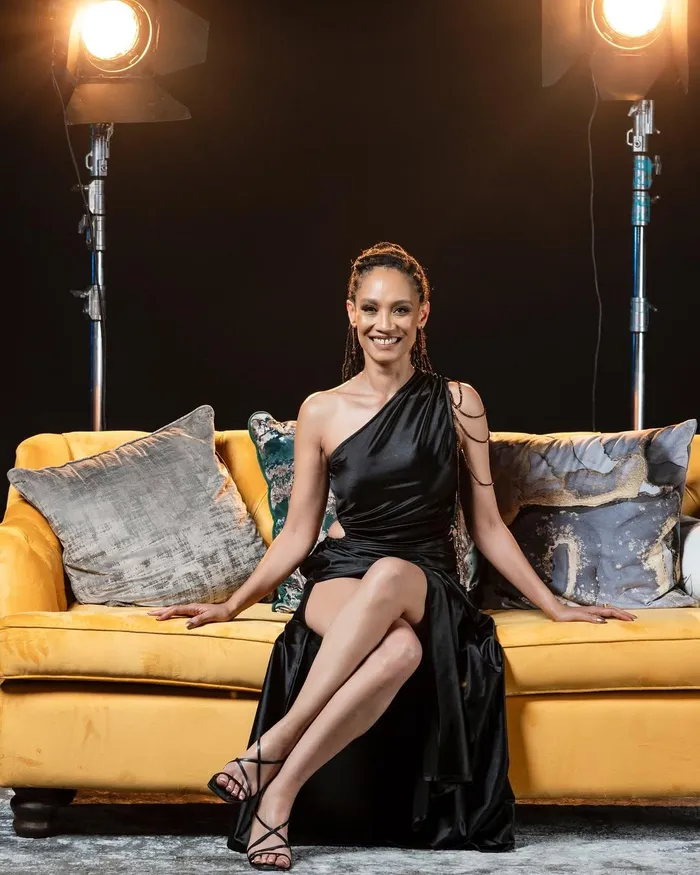Melanie Bala opens up about motherhood and healing on 'The Relebogile Mabotja' podcast
PODCAST

Malanie Bala chats to Relebogile Mabotja about remaining steady, authentic and presence.
Image: Instagram.
In a recent episode of "The Relebogile Mabotja" podcast, veteran broadcaster Melanie Bala shared her journey through motherhood, personal loss and the pursuit of authenticity with host Relebogile Mabotja.
With an illustrious career spanning over three decades, Bala rarely does interviews, but her conversation with Mabotja was a poignant exploration of womanhood and the struggles that often accompany it.
From early beginnings at Bop TV to her current position at Metro FM, Bala has been a steadfast voice in South African media, but behind the microphone lies a story steeped in love, growth and the painful process of letting go.
In this episode, she discusses the pressures of societal expectations surrounding motherhood, saying: "I think I let go, years ago, about what the perfect mother is, according to society, standards, family, magazine, blogs.
"When I eventually let that go, it was incredibly freeing, and even now, my kids are teenagers, we have very open and honest conversations like if I've had a crappy day ... It's saying to them that I am human to, I am not the super mom.
"Our parents' generation did it very differently; my mom was the ultimate homemaker. It took a long time for me to get over that model."
Delving deeper, Bala opens up about the emotional complexities she faced during her divorce from renowned musician Zwai Bala.
"No one wakes up today and decides that their marriage is ending; it's always a long time coming. In the process leading up to making the final decision that you're getting divorced, I think there's a part of you that starts to let go, so a lot of the grieving happens through that process.
"Then, when the divorce happens, it's like 'Oh okay, this is different', and then it's a beginning of a different process of how do I navigate life without this person that I've been with for such a long time.
"Again, it's giving yourself grace, you going to make mistakes, you going to mess up, but you give yourself grace to figure it out, particularly when you share children."
She said that she chose not to make her kids pick sides or talk badly about their father, or cut off their extended family that they have known their entire life.
"They didn't ask for this (the divorce). They are truly the innocent people in this equation, and so every decision I've made was based on what is best for them."
She said that the divorce came as a surprise to her two children.
"My daughter started laughing because she thought we were playing a joke. My son was upset ... It's not a nice conversation to have, but we did it together."
"My approach has always been the big picture ... We have a lifetime ahead with the children, even the umgidi (initiation into manhood), that was one of the milestones, and there was nothing better for Sean to have both his parents and families on both sides present."
Throughout this ordeal, Bala emphasises the significance of resolving emotions for both partners, highlighting that “only when emotions are resolved on both ends can a divorced couple co-parent healthily.”
Watch the full conversation below.
Related Topics: